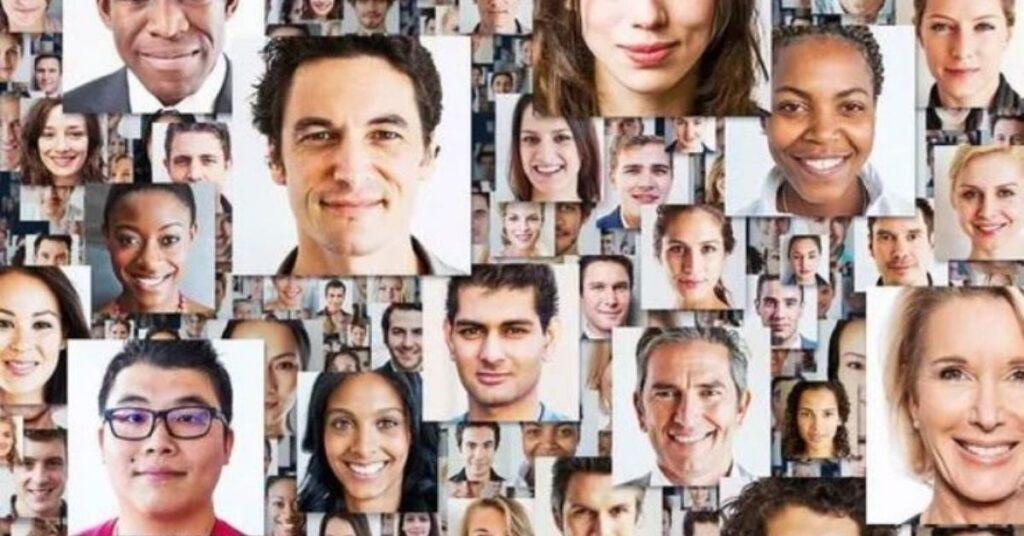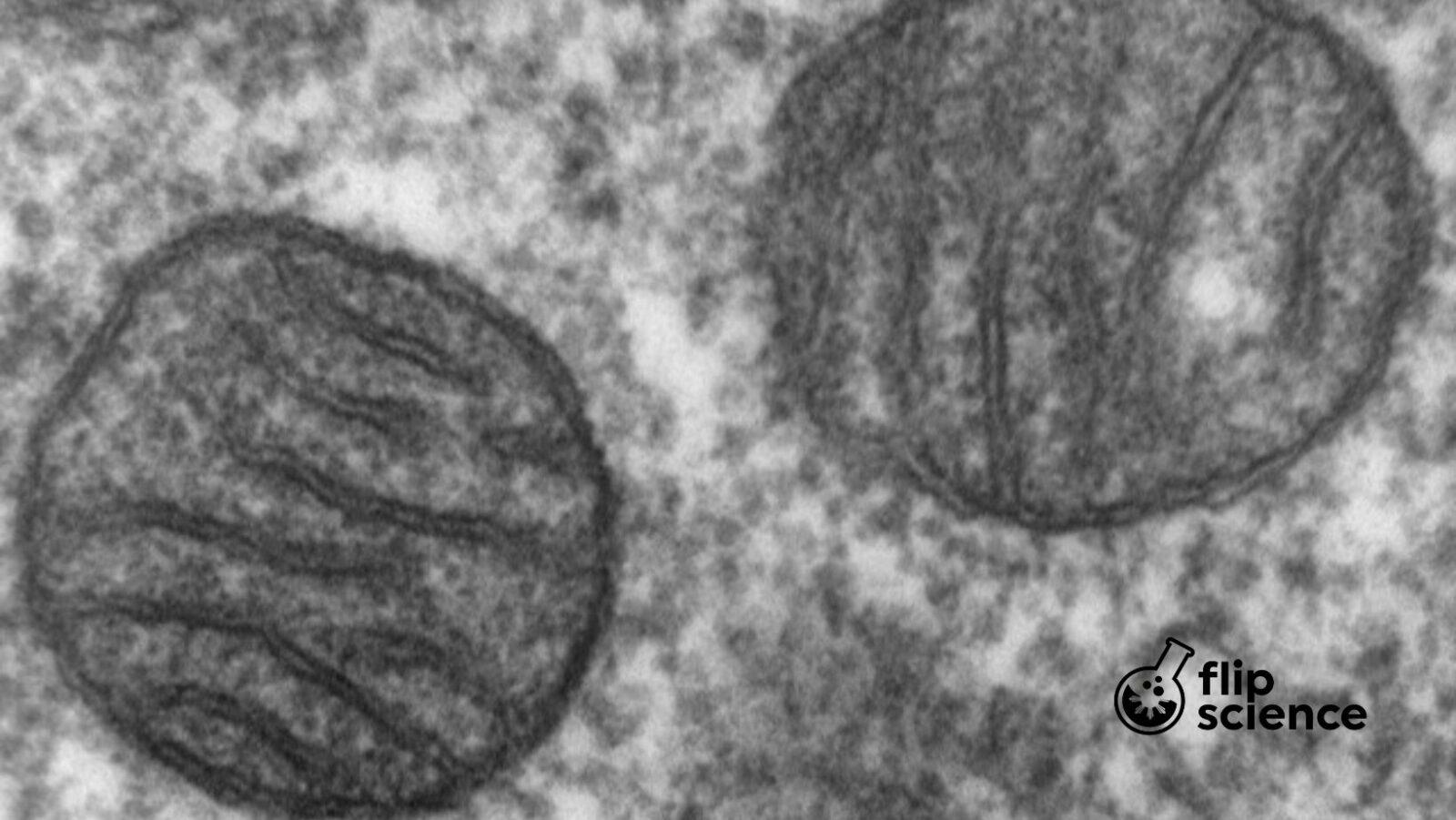Ever bumped into someone at a party and thought, “Who’s this person, again?” You might have prosopagnosia.
For many folks, having trouble recognizing a familiar face is an embarrassing predicament. For some, though, it’s a persistent problem on an entirely different level—a daily living nightmare, even when they look in the mirror.
Named after the Greek words for “face and “lack of knowledge,” prosopagnosia, also known as face blindness or facial agnosia, is a neurological disorder that renders a person unable to recognize faces. Note that this isn’t about forgetting names; it’s about failing to recognize someone’s face, even if you’ve interacted with them many times.
Facing the truth of prosopagnosia
Depending on the severity of their condition, prosopagnosics may be unable to distinguish unknown faces, tell their family members or friends apart, or even recognize their own faces. They have to rely on voice, clothing, and other distinct physical characteristics just to be able to tell people apart.
According to experts, the brain’s facial recognition ability depends on a neural network comprised of at least three core regions in the occipital and temporal lobes of both the right and left hemispheres. (These areas may or may not be involved in recognizing other objects based on familiarity and expertise as well.) It’s believed that prosopagnosia stems from a disorder in the right fusiform gyrus, which seems to coordinate memory and facial perception. There are two basic types of prosopagnosia: the acquired type, which results from a brain injury, and the developmental type, which may be a congenital problem.
Prosopagnosics don’t necessarily suffer from dysfunctional memories, poor vision, or learning impairment, though. Also, while it’s not a core autism symptom, prosopagnosia in autistic people isn’t uncommon.
Worried you might have prosopagnosia? Take this test and consult a physician afterwards.
Still remember your 5th-grade science classes? Test your knowledge and see if you still remember these facts and fundamental concepts in human anatomy, biology, botany, and other branches of science. Click here to try the “Are You Smarter Than A Pinoy Fifth-Grader” Challenge.
Follow the hashtag #FlipFacts on Facebook and Instagram to get your daily dose of science trivia!
References
- https://www.faceblind.org/research/
- https://www.ninds.nih.gov/Disorders/All-Disorders/Prosopagnosia-Information-Page
- https://www.sciencefriday.com/articles/what-is-face-blindness/
- https://www.abc.net.au/news/2017-02-19/what-its-like-to-live-with-face-blindness/8279990
- https://qz.com/773522/youre-not-a-jerk-if-you-cant-remember-faces-facial-blindness-is-a-spectrum-neuroscientists-say/
Author: Mikael Angelo Francisco
Bitten by the science writing bug, Mikael has years of writing and editorial experience under his belt. As the editor-in-chief of FlipScience, Mikael has sworn to help make science more fun and interesting for geeky readers and casual audiences alike.










